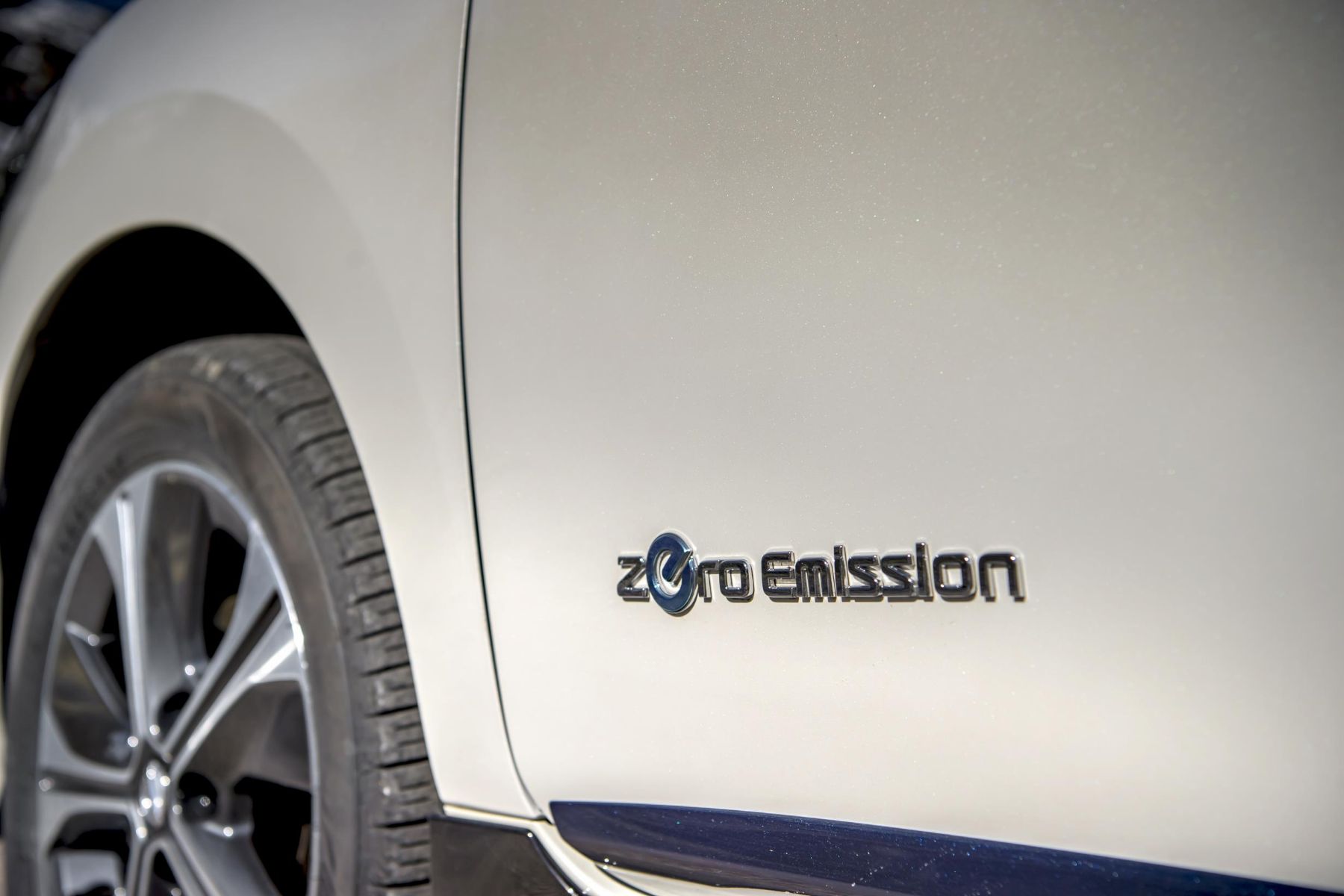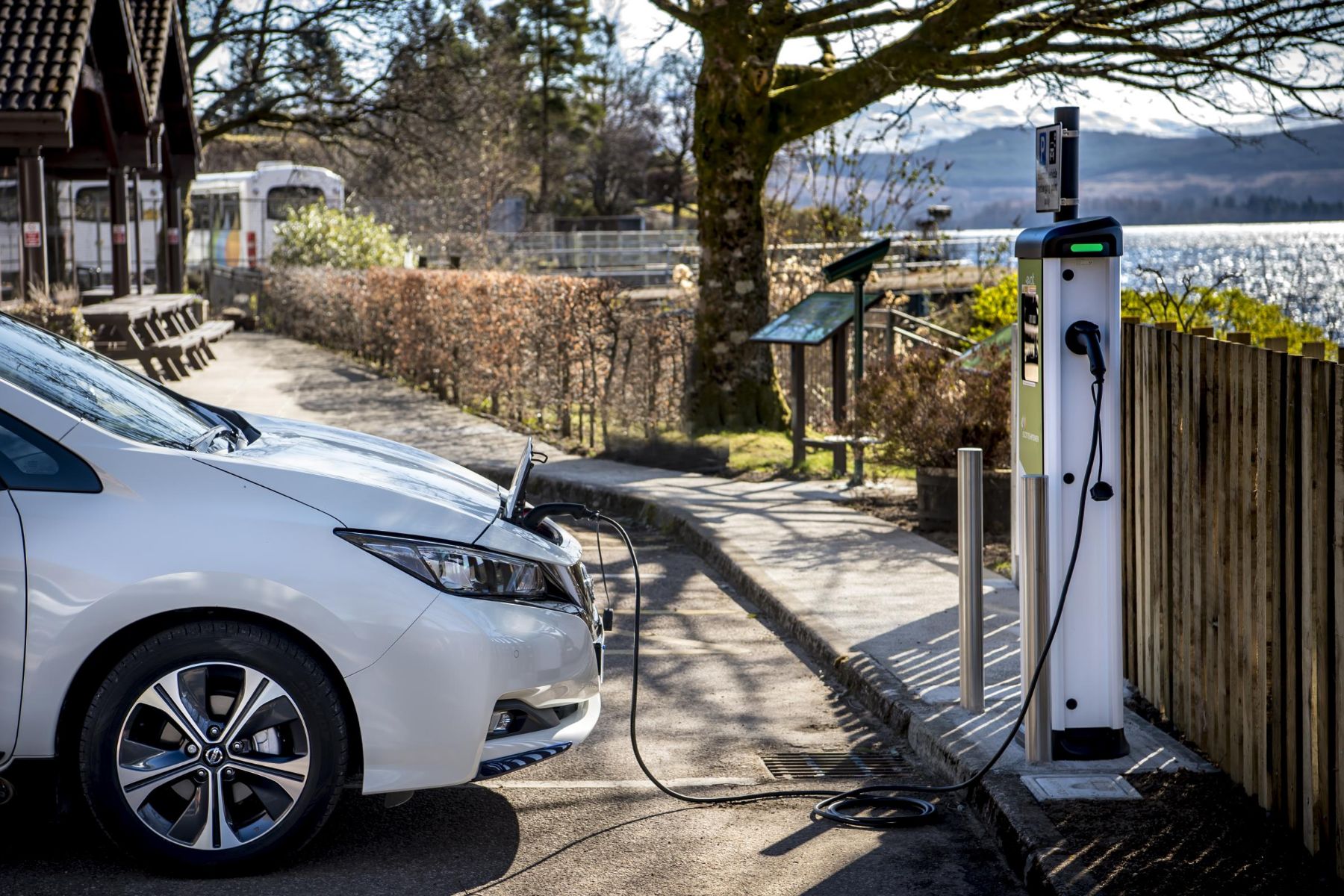
You’ve bought an electric car. You’ve ducked road tax, saved money on fuel and, on top of all that, the government paid a contribution towards the cost of your car (although that scheme won’t last long). How else can driving an EV save you money? Does one even need to pass an MOT test?
The short answer is ‘yes’, but that doesn’t mean an EV can’t save you money at the MOT test station.
Every car over three years old needs an MOT certificate to be deemed roadworthy. No car over this age can legally drive on the road without one, except in very specific circumstances or if the car is more than 40 years old.
The MOT covers everything from exhaust emissions (on a conventional car), to how well the wipers clear the windscreen. Testers check for structural integrity, the operation of the lights, seatbelts, steering, brakes and suspension, the condition of the tyres and much more. The test covers every safety-related aspect of your car.
How is an electric car MOT different?
 With no exhaust pipe, an electric car doesn’t need to pass the emissions test. And it won’t trouble the decibel meter for noise readouts either. So you’ll save time at the test centre – if not necessarily money.
With no exhaust pipe, an electric car doesn’t need to pass the emissions test. And it won’t trouble the decibel meter for noise readouts either. So you’ll save time at the test centre – if not necessarily money.
Depending on how advanced your EV is and how you drive it, however, you should save on brake replacements. Regenerative braking, as found on some EVs, uses the momentum of the car to charge the batteries via the electric motor, in turn slowing the car down.
Regenerative braking doesn’t actually use the brakes at all. It’s closer, in fact, to engine braking in a petrol or diesel car. Use a bit of foresight and you’ll rarely need to apply the brakes, especially around town. Reduced wear and tear means lower costs at MOT time.
How could the electric car MOT test change in future?

This is purely speculative, but given the MOT covers roadworthiness and safety, we suspect the introduction of a test showing the car can charge safely isn’t unlikely. Examining how quickly the batteries discharge compared with when new is also a possibility – particularly as pressure on charging sites increases.
Overall, driving an electric car can save a lot of headaches and a reasonable amount of expense. They aren’t, however, exempt from the harder realities of motoring, like the MOT test. They won’t even be exempt from road tax forever.
However, with fuel savings, fewer components to worry about, less wear and tear, tax deductions (for now) and a cleaner conscience, we think the incentives are sufficient. Just make sure you buy an EV that suits your needs. Here’s an up-to-date list of electric cars sold in the UK, arranged in order of range.
Read more:
- Drivers could be invalidating insurance with undeclared modifications
- 70 percent think other UK cities should get a congestion charge
- Here’s what a no-deal Brexit will mean for UK drivers